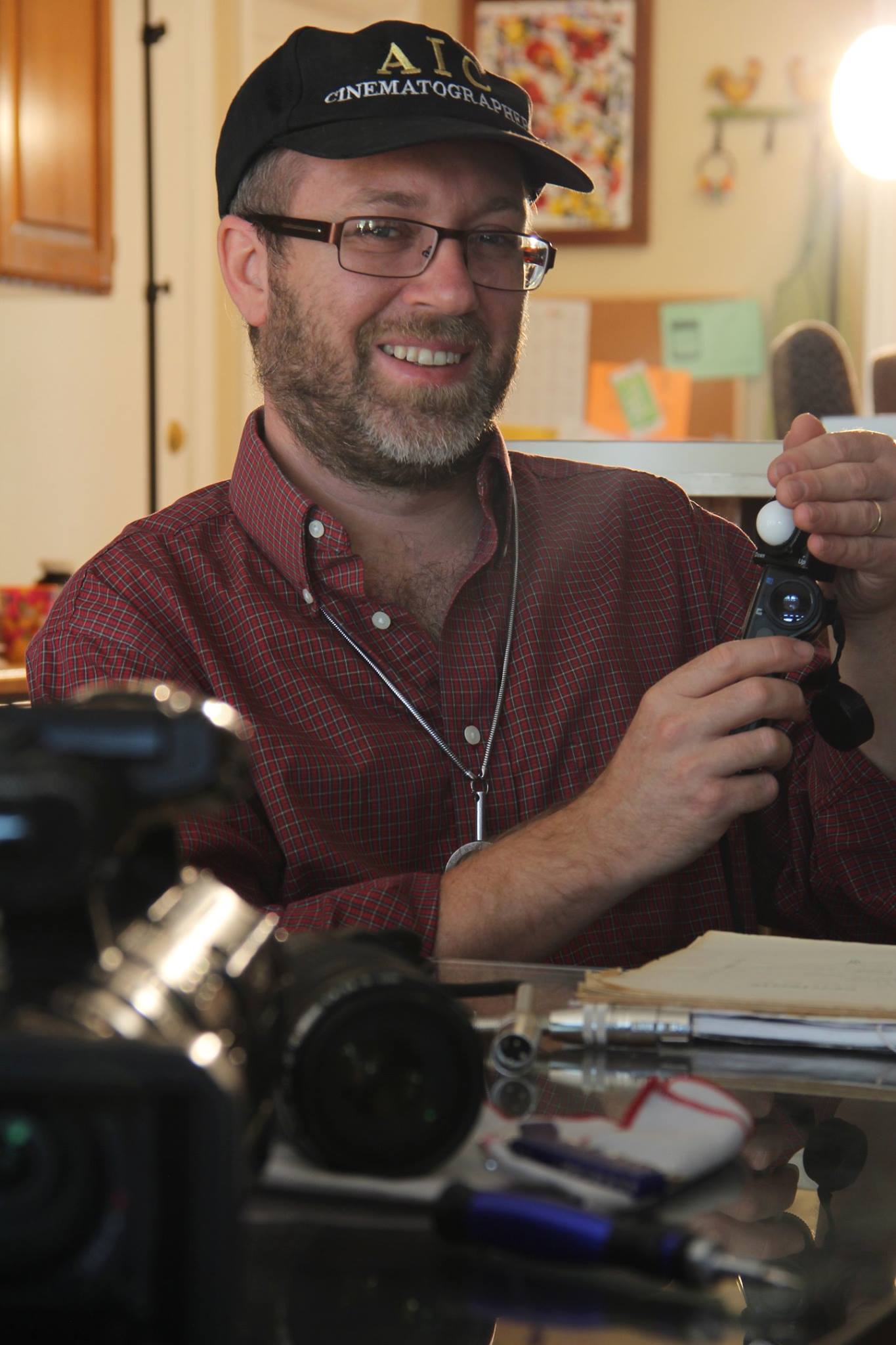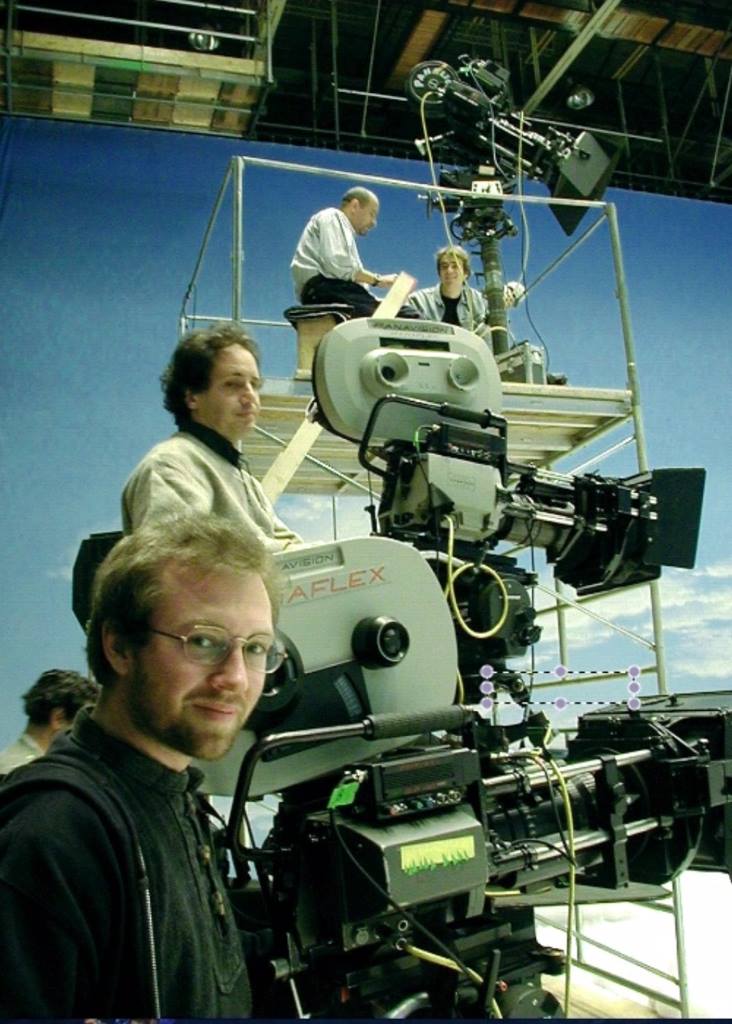

Today we’d like to introduce you to Raoul Torresi.
Hi Raoul, thanks for joining us today. We’d love for you to start by introducing yourself.
I was born in Rome, Italy, in 1972, into a family with a long tradition in cinema that dates back to 1935. Growing up in that environment.
I began my professional journey in the camera department, working through almost every role — from video assist and film loader to focus puller and camera operator. Those years gave me a strong technical foundation and a deep respect for every aspect of film production. In 1996, I started working as a Director of Photography.
In 2000, I was among the first cinematographers in Italy to shoot a feature film digitally, during a time when 35mm film was still the standard. That experience opened a new creative path for me and reinforced my belief that technology, when used consciously, can expand artistic possibilities without losing cinematic integrity.
Over the years, I’ve worked on more than seventy feature films, as well as numerous short films, commercials, and documentaries.
I moved to the United States in 2014 because my wife is Texan. After living in Italy for 13 years, we decided to return to her home country with our two children, who were 8 and 6 years old at the time.
There were several reasons behind our decision to leave Italy: the film industry and cultural environment there were, and still are, going through a deep crisis; we wanted to offer our children a better quality of life; and we also wanted to be closer to my father-in-law, who supported us greatly during the transition.
When I arrived in Dallas, I didn’t know anyone in the local film community, and soon discovered that there wasn’t a true film industry here. So, I began working mainly on corporate videos, documentaries, and short films.
For the first time in my career, I took on a full-time position — working for five years at the American Heart Association as a Video Producer.
Currently, I work at Success On The Spectrum, a company that has developed a national franchise system to provide therapy services for children with autism. I serve as a video editor and videographer, producing content that supports their educational and communication efforts.
Alright, so let’s dig a little deeper into the story – has it been an easy path overall and if not, what were the challenges you’ve had to overcome?
I’ve faced many challenges throughout my career and personal life.
In my professional life, the main struggle came from being part of a long-established film family. In the past, that was something highly respected — it was common for people to follow in their parents’ footsteps, learning the craft directly from them. When I started in 1991, there was only one film school in all of Italy, and most people learned through hands-on experience.
But around the year 2000, new film schools began to appear, partly due to the ongoing crisis in the industry. Many people with little or no practical experience entered the field, taking up positions and driving down wages. At the same time, the role of the cinematographer began to lose value with the arrival of digital technology — even though I was one of the early adopters and pioneers of the digital format.
To adapt, I started learning other disciplines such as video editing and graphic design, which helped me balance the lack of work in cinematography. Those skills eventually became a great asset and prepared me well for the kind of work I do today.
On a personal level, I also went through difficult times. I experienced a divorce, and from my first relationship with an Italian woman, I have two other children. When I moved to the U.S., they were 16 and 14 years old. Despite the distance and the challenges, we’ve managed to maintain a good relationship, and I’m grateful for that.
We all have a different way of looking at and defining success. How do you define success?
For me, success means being able to continue working in the same field after 34 years. In an artistic profession, that’s not easy — I’ve seen many people give up along the way.
Pricing:
- $800 per day as Cinematographer
- $500 per half day as Cinematographer
- $700 per half day as Drone Operator
- $75 per hour as a Video Editor
- $500 per day as Photographer
Contact Info:
- Youtube: https://www.youtube.com/@RaoulTorresi
- Other: https://www.imdb.com/name/nm0312513/?ref_=fn_all_nme_1

Image Credits
I have all my credits on IMDB a URL that I shared in the previous pages.










